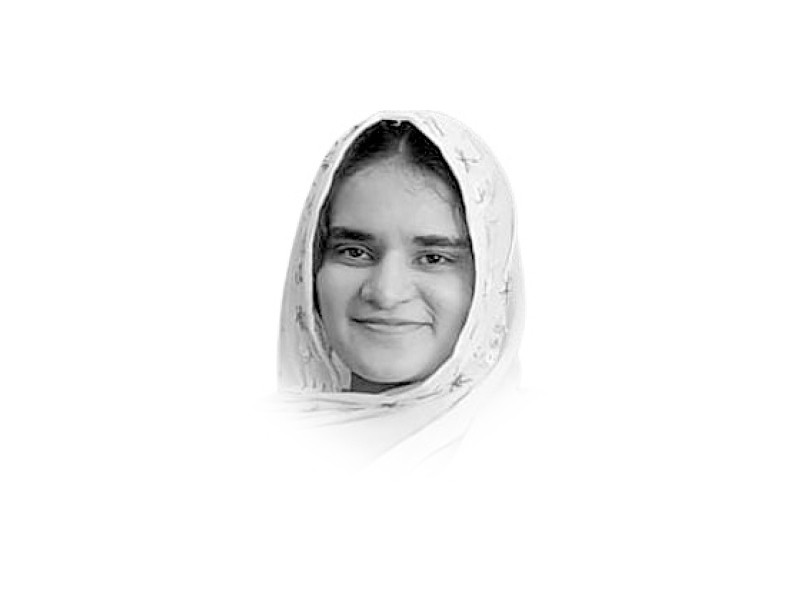
The decision to appoint ad hoc judges in the Supreme Court has opened a new can of worms, further dividing an already polarised institution.
The judiciary, considered as one of the strongest pillars of the country, has failed to uphold its principles and has become a battleground of politics. The current chaos exhibits a new wave of injustices, amid lack of equal and timely dispensation of justice. Pakistan ranks 130th among 142 countries on the World Justice Project Rule of Law Index, highlighting judicial ineffectiveness.
The judicial history of Pakistan is marred by political and institutional interference. Currently, the problem is exacerbated by the personalisation of the institution.
Judicial populism and judicial activism with signs of elite privilege is adding to the problem. Headlines like ‘A new hero of society’, alluding to former Chief Justice Saqib Nisar, underscored his forecasted role as the saviour. But the controversies around the dam fund and his surprise hospital visits highlight the unnecessary judicial (over)activism. And recently, the incumbent Chief Justice was hailed as a “maverick” for his bold judgements in cases like the Faizabad dharna, the journalists’ harassment, the Audioleak Commission, the Memogate Commission, etc. Despite these bold and courageous verdicts, doubts persist regarding the politicisation of the judiciary and judicial overreach.
Judicial independence or politicisation of the judiciary are not the only factors impeding the enforcement of a fair judicial system. The judiciary faces external threats as manifested by the March 2024 letter written to the Supreme Judicial Council by six judges of the Islamabad High Court. However, the issue remains stuck in legal quicksand, albeit revealing that the politicisation of the judiciary and judicialisation of politics cut both ways.
This judicial over-activism is undermining the rule of law and democratic building that maintains a balance as regards the doctrine of separation of power. This has raised the question whether the judiciary is trying to become the saviour of all the institutions when its own house is polarised. Suo motu actions have further polarised the institutions and public perception. Justice Yahya Afridi calls it “judicial pre-emptive eagerness to decide.”
Bench formation politics is another issue which is not letting the judiciary play its desired role. Desires of judicial intellects and differences limit the transparency of judicial matters.
Rule of law thrives not in chaos but in the unification of intellects. The virtue of justice is handicapped in the polarisation of intellects.
Overall pending cases before the Supreme Court are further intensifying the tensions within the institution. According to a report in 2023, there has been a 3.9% increase in pending cases reaching 2.26 million. Daily media coverage is dominated by the cases of prominent personalities, demonstrating the reality of selective justice and selective media coverage — something that comes at the expense of human equality, as other cases get little or no attention.
Albeit taking many good steps in the past to ensure judicial effectiveness, all the efforts remained futile in this manner. Lack of procedural grounds and effective implementation is halting the overall process. It has inherited many problems from the past and provision of justice is not a central idea among elites.
Hamid Khan notes in Judicial History of Pakistan, “To understand the decisions of the Pakistani judiciary, one must understand its Chief Justices and their passions, prejudices, capabilities and motivations.”
A judge of strong credibility, professionalism, unwavering determination and commitment to upholding democratic principles is required for an effective judicial system to function in the country.
The saying goes, “Courts should not be morphed into temples/mosques and judges into priests.” Thus, no institution or individual could be insulated from being brought into discussion.





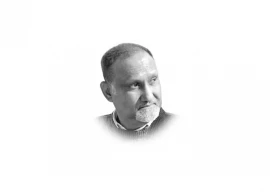
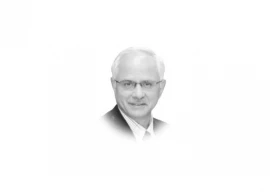


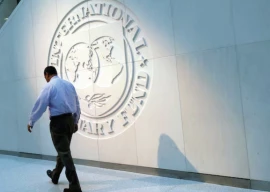
1722521491-0/Ryan-Reynolds-TJ-Miller-0002-(1)1722521491-0-270x192.webp)
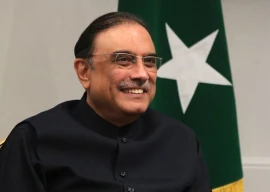



COMMENTS
Comments are moderated and generally will be posted if they are on-topic and not abusive.
For more information, please see our Comments FAQ